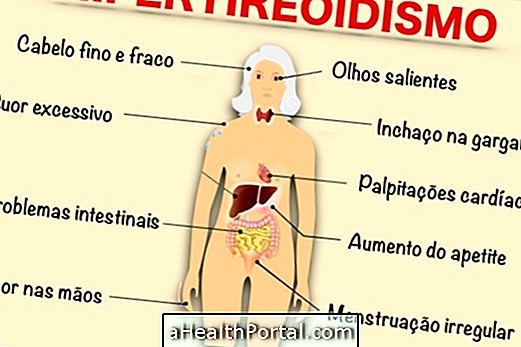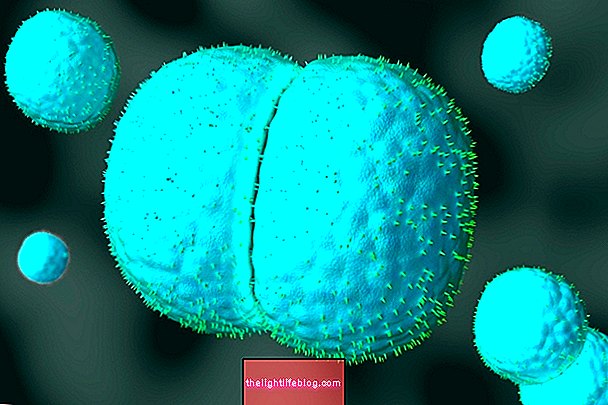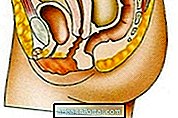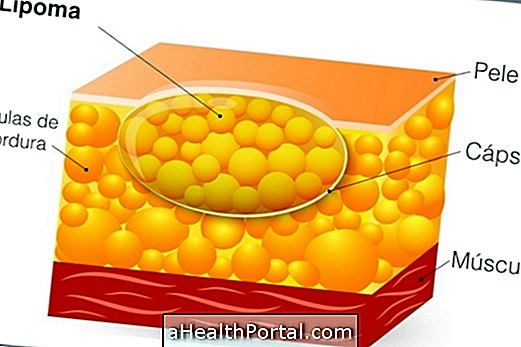Urinary tract infection in infants and children can be caused by some factors such as dehydration; difficulty in emptying the bladder; phimosis in the case of boys; urinary incontinence; urine reflux, which is when the urine that was already in the bladder returns to the kidney or immaturity of the sphincters that control the urine output.
Some congenital defects such as hypospadias or myelomeningocele, for example, may also interfere with the normal functioning of the urinary tract and cause urine infection.

Signs of Urinary Tract Infection in Baby
Symptoms of urinary tract infection in infants and children usually include:
- Urine darker than normal;
- Urine with a strong smell;
- Cry or complain when urinating;
- Lack of appetite;
- Irritability and lack of energy that can cause refusal of food;
- Fever of 37 to 38ºC.
Urinary tract infection in a baby can be difficult to diagnose due to the symptoms because the baby can often only have a fever or not have a fever and present the other symptoms.
However, the diagnosis of urinary tract infection in a baby can be done by collecting urine through a sack that glues in the baby's intimate region.
How to treat
The treatment of urinary tract infection in infants and children is done with antibiotics and during the urinary tract infection it is important to change the diaper several times a day, give the baby water and keep the diapers well disinfected with alcohol.
The use of wet wipes increases the chances of a baby's urinary tract infection, so you should clean the baby's inner area with a cotton swab with water or saline, always keeping it clean and dry. In girls cleaning the intimate area should be done from front to back.
Here's how feeding can help treat urinary tract infection in the following video.


























